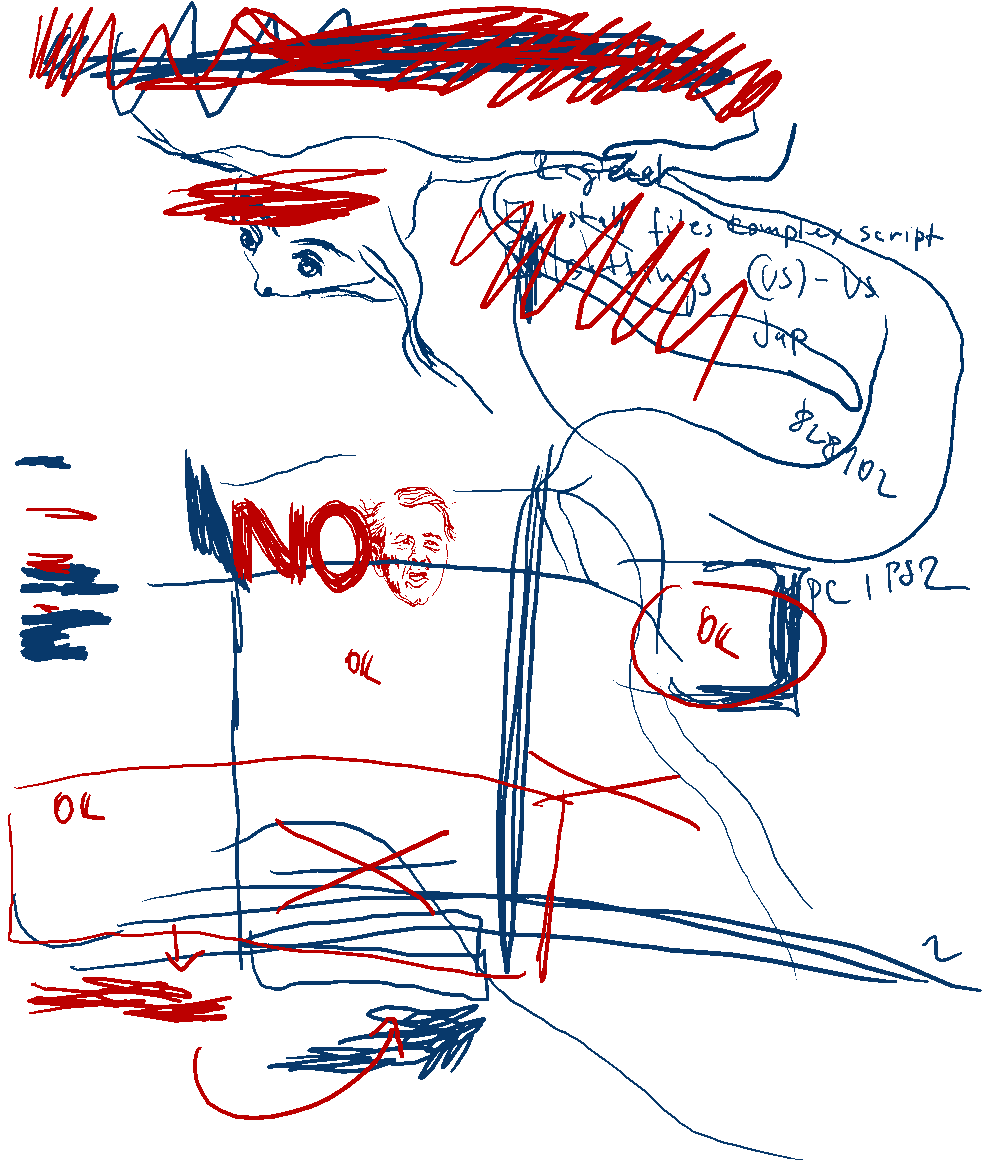The Israel Defense Forces has released what it said was evidence of Hamas using civilian infrastructure, including hospitals and children’s playgrounds, as shields for its attacks on Israel.
Rear Adm. Daniel Hagari, the chief spokesperson for the Israeli military, claimed during a news briefing Sunday that the Indonesian Hospital in northern Gaza, among others, is used by Hamas as a shield against Israeli response to its rockets.
Hagari showed aerial images of the hospital, pointing out what he said were rocket launchers nearby.
“Only 75 meters, 80 meters to the hospital. Here, the IDF identified a launch pad, meaning, they launched rockets from here,” Hagari claimed, charging that the Palestinian militant movement places launchers there knowing that Israeli airstrikes on those targets would damage the hospital.
Hagari also showed aerial images of what he said was a tunnel opening at Sheikh Hamad bin Khalifa al-Thani Hospital.
“A tunnel that was being used for terror infrastructures in the Qatari hospital. If it wasn’t enough … the terrorists also shoot at our soldiers from within the hospital,” Hagari claimed.
Earlier Sunday, the IDF said it had identified “launch pits” and “rocket launchers in an old children’s playground in the Gaza strip.”
The IDF included nighttime video of what it said were four launching barrels for rockets, “only five meters from a children’s swimming pool.”
A CNN safety expert reviewing the footage said it did appear to show what the IDF was claiming.
Palestinian officials reject claims: The Ramallah-based Palestinian Authority’s Minister of Health Mai Al-Kaila rejected the Israeli military’s claims, saying Israel aims “to create excuses for targeting (hospitals).”
“Israel always creates excuses and comes up with theories and lies to legitimize their plans and actions,” she told CNN.
The head of the Hamas-controlled government media office in Gaza, Salama Marouf, also rejected the claims in a news conference outside the Al-Shifa Hospital Sunday night.
“(Israel) is conducting massacres against hospitals,” he said, as ambulances were bringing casualties in for treatment behind him. “Over the past hour, there have been extensive airstrikes in the vicinity of hospitals in the Gaza Strip.”
Some background: The IDF made the accusations against Hamas after intense criticism of the barrage of strikes it has launched against the densely populated enclave, which is home to more than 2 million Palestinians.
Israel launched its war on Hamas after the militant group killed about 1,400 people in Israel in a surprise attack last month. More than 200 people are still being held captive, Israel says.
Israel’s more than 11,000 strikes in Gaza since then have damaged civilian infrastructure, including hospitals, United Nations shelters and refugee camps, killing and wounding civilians. More than 9,700 people have been killed in Israeli airstrikes on Gaza since October 7, according to Dr. Mai Al-Kaila, the Palestinian minister of health in Ramallah, using data drawn from medical sources in the Hamas-controlled enclave.
The IDF says it is targeting Hamas leaders, fighters and infrastructure.
On Gaza evacuations: Hagari also accused Hamas of trying to stop civilians from leaving for the south of Gaza, as the IDF has urged. He said recent “corridors” established by Israel for safe passage of evacuating civilians have had to be closed because of Hamas attacks in the area.
Hagari said over 1.5 million multi-colored flyers — to signal different messages—have been dropped into the Gaza strip.
More than 19,734 phone calls, warning people to leave certain areas, have been made, he said, and over six million recorded messages have been sent in Arabic, urging civilians to evacuate south.
A US special envoy in the Middle East, David Satterfield, said Saturday that between 800,000 and a million people have fled from the north to southern parts of the Gaza Strip, deepening the humanitarian crisis. Critical supplies remain in short supply during Israel’s siege on the territory, and the IDF has struck targets south of the evacuation line.
CNN’s Kareem El Damanhoury, Abeer Salman and Kareem Khadder contributed reporting to this post.
This post has been updated with the response from Hamas and Palestinian Authority government representatives.














